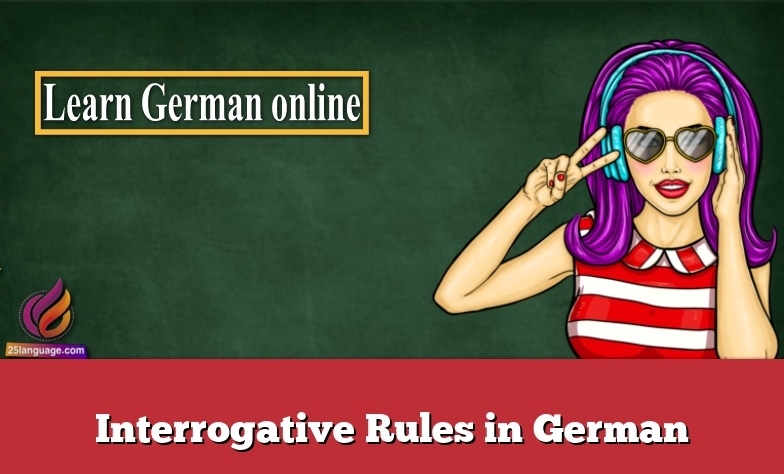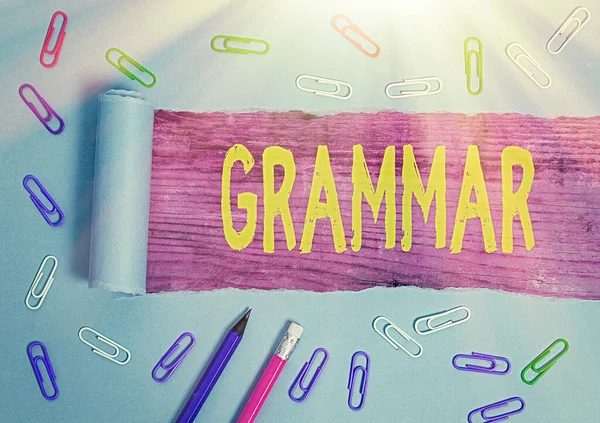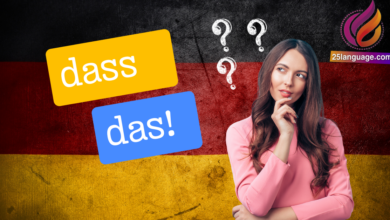Interrogative Rules in German

Interrogative Rules in German.Interrogative structures play a pivotal role in fostering effective communication. They turn statements from mere conveyances of information into probes seeking understanding. These interrogative rules not only facilitate our daily exchanges but also reflect the nuanced nature of the language itself.

Explanation about Interrogative Rules in German
- Word Order: The most noticeable difference between declarative sentences and questions in German is the word order. In questions, the verb often comes at the beginning of the sentence.
- Statement: Du bist müde. (You are tired.)
- Question: Bist du müde? (Are you tired?)
- Question Words: These words are used to introduce information questions (as opposed to yes/no questions). Common German interrogative words include:
- wer? (who?)
- was? (what?)
- wo? (where?)
- wann? (when?)
- warum? (why?)
- wie? (how?)
- woher? (where from?)
- wohin? (where to?)
Example: Wo wohnst du? (Where do you live?)
- Yes/No Questions: These questions can be answered with ‘ja’ (yes) or ‘nein’ (no). They often start with the verb.Example: Kommst du heute? (Are you coming today?)
- Using Modal Verbs: When using modal verbs in questions, the modal verb is positioned at the start, followed by the subject and then the infinitive verb at the end.Example: Kannst du das machen? (Can you do that?)
- Choice Questions: These questions offer a choice and are typically structured with “oder” (or) in between the choices.Example: Möchtest du Tee oder Kaffee? (Would you like tea or coffee?)
- Tag Questions: German also uses tag questions to seek confirmation. A common tag question is “nicht wahr?” which roughly translates to “isn’t it?”.Example: Das ist dein Buch, nicht wahr? (That’s your book, isn’t it?)
- Inversion with Time Elements: If a sentence starts with a time element or any other kind of adverbial phrase, the verb still comes second, but the subject is pushed back.Example: Heute gehst du zum Arzt? (Are you going to the doctor today?)
Examples for using Interrogative Rules in German
| Rule Type | Example in German | Translation |
|---|---|---|
| Word Order | Bist du müde? | Are you tired? |
| Question Word: Wer? | Wer ist das? | Who is that? |
| Question Word: Was? | Was machst du? | What are you doing? |
| Question Word: Wo? | Wo wohnst du? | Where do you live? |
| Question Word: Wann? | Wann kommst du? | When are you coming? |
| Question Word: Warum? | Warum weinst du? | Why are you crying? |
| Question Word: Wie? | Wie geht es dir? | How are you? |
| Question Word: Woher? | Woher kommst du? | Where are you from? |
| Question Word: Wohin? | Wohin gehst du? | Where are you going? |
| Yes/No Questions | Hast du Hunger? | Are you hungry? |
| Modal Verb | Kannst du schwimmen? | Can you swim? |
Finally,It is our hope that this article has shed light on some of these nuances and provided a deeper comprehension of how to utilize interrogation constructively and fruitfully. Let every question mark the beginning of a new journey towards knowledge and discovery.





























